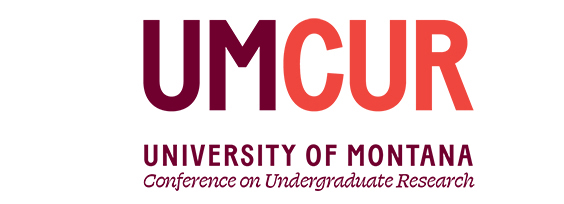Oral Presentations
Fulfillment
Project Type
Presentation
Faculty Mentor’s Full Name
Erin Saldin
Faculty Mentor’s Department
Creative Writing
Abstract / Artist's Statement
Fulfillment: A Novella
As Samuel R. Delany once said, “Science fiction isn’t just thinking about the world out there. It’s also thinking about how that world might be—a particularly important exercise for those who are oppressed, because if they’re going to change the world we live in, they—and all of us—have to be able to think about a world that works differently.” It is my belief that SF literature allows us to examine our world and imagine a future, for better and for worse. Following in the footsteps of Octavia Butler's Parable of the Sower, Ursula K. Le Guin's The Dispossessed, Aldous Huxley's Brave New World, George Orwell's 1984, and Ayn Rand's Anthem, Fulfillment is a story of reclaiming human heritage from the erosion of resources, culture, and language.
Taking place approximately fifty years after a global calamity, billionaire oligarchs have become the de facto power to fill the vacuum. It is a world that consumes itself, the only concern of the Owners to maintain their lavish lifestyle at any cost. As the owned people struggle to fulfill their shipments of food and materials, often starving to death in the process, the network of Fulfillment Centers slowly fails. The protagonist escapes this life with the few of their companions brave enough to become “material unaccounted for,” and head north to a rumored land untouched by human avarice. But when the protagonist falls from a collapsing bridge into a river, she is whisked away from her companions and must start again, alone. Through harrowing tales of survival and a brutal reality of capitalist greed, Fulfillment advocates for reconnecting with humanity's ancient harmony with the Earth amidst a dystopian ouroboros of a squandered world.
Category
Humanities
Fulfillment
UC 332
Fulfillment: A Novella
As Samuel R. Delany once said, “Science fiction isn’t just thinking about the world out there. It’s also thinking about how that world might be—a particularly important exercise for those who are oppressed, because if they’re going to change the world we live in, they—and all of us—have to be able to think about a world that works differently.” It is my belief that SF literature allows us to examine our world and imagine a future, for better and for worse. Following in the footsteps of Octavia Butler's Parable of the Sower, Ursula K. Le Guin's The Dispossessed, Aldous Huxley's Brave New World, George Orwell's 1984, and Ayn Rand's Anthem, Fulfillment is a story of reclaiming human heritage from the erosion of resources, culture, and language.
Taking place approximately fifty years after a global calamity, billionaire oligarchs have become the de facto power to fill the vacuum. It is a world that consumes itself, the only concern of the Owners to maintain their lavish lifestyle at any cost. As the owned people struggle to fulfill their shipments of food and materials, often starving to death in the process, the network of Fulfillment Centers slowly fails. The protagonist escapes this life with the few of their companions brave enough to become “material unaccounted for,” and head north to a rumored land untouched by human avarice. But when the protagonist falls from a collapsing bridge into a river, she is whisked away from her companions and must start again, alone. Through harrowing tales of survival and a brutal reality of capitalist greed, Fulfillment advocates for reconnecting with humanity's ancient harmony with the Earth amidst a dystopian ouroboros of a squandered world.
